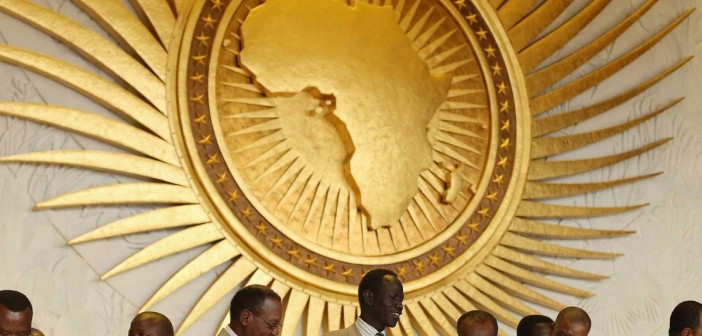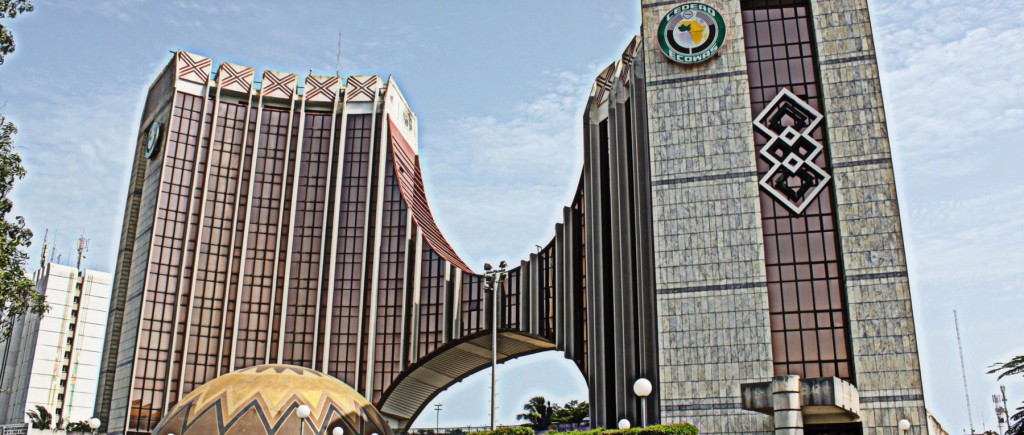TFTA:’Trade from the Cape to Cairo’
In colonial times, the British dreamt of a ‘red line’ of territories, linking Cairo to the Cape in South Africa. They dreamt of being able to construct a railway, a direct line between the two, and all in between. A new trade deal may make this reality. At least, in spirit.
On Wednesday, the leaders of 26 African countries met in Cairo to discuss the Tripartite Free Trade Area, which will be signed on the 19th of June. Known as the TFTA, the deal is expected to be momentous for trade within the continent. Prior to the agreement, trade in Africa was conducted between a number of regional zones. The new trade deal has united three of these, and by doing so, connected over 600 million people. Comesa, EAC, and Sadc combined to create a trade bloc covering north, south, central, and east. However, there is a notable exception to this trade deal: Africa’s largest economy, Nigeria.
The countries involved in the trade deal were keen to point out their reasoning. They argued that the division of African economies into many economic zones created barriers, and artificially raised the prices of goods. By establishing TFTA, they argued that trade would be significantly easier, and this would create $1trn of economic activity.
So why was ECOWAS (Economic Confederation of West African States) excluded? ECOWAS includes fifteen west African countries, and crucially African trade giant, Nigeria.
At over 170 million, its population is more than a quarter of the 26 TFA countries combined. Its population is a sixth of that of the whole of Africa. Nigeria also possesses Africa’s largest economy. What motives could the TFTA countries possibly have for limited trade with this group and excluding Africa’s biggest economy?
The answer is competition. Demographically and economically, Nigeria is undoubtedly Africa’s new unparalleled giant. South Africa, its closest rival, has a GDP over $170bn lower. With less than a third of Nigeria’s population, South Africa also lacks the levels of human capital to take on Nigeria alone. The TFTA trade deal, with its marked exclusion of Nigeria and its neighbours makes this clear. Alternatively, perhaps the inclusion of ECOWAS would simply be logistically impossible. The TFTA trade deal is a fairly loose trade arrangement between the 26 states. Although it has been agreed upon, each affected country must then sign the trade agreement into law. At this stage at least, there are no hints of an ever closer union between these states. ECOWAS, however, is much more serious.
It would not be an exaggeration to compare ECOWAS to a European Union-style system. At forty years old, the union has developed into a much stronger political and economic force. ECOWAS states enjoy the free movement of peoples, with no visas required for travel between the countries. Citizens of member states have the right to live in any other member state. Regional roads between states have been constructed. ECOWAS even cooperates on matters of justice and security. There are pushes towards a full monetary union. They even have an anthem.
There exists an ECOWAS Commission in Nigeria’s capital, Abuja, an ECOWAS Court of Justice, and various organisations such as a development bank, and a health organisation. The TFTA trade ‘group’ is nowhere near as comprehensive; and it shows no signs of heading this way.
The exclusion of certain countries from the TFTA trade deal may simply come down to pure logistics. It may simply be too difficult to include the closely-tied countries of ECOWAS, and the often politically-turbulent central African states of Cemac. With their maxim of regional self-reliance, ECOWAS members seem to be resolute on regional cooperation. A 0.5% levy on trade imports from outside ECOWAS symbolises this commitment. But given the economic realities, it is hard to believe that there is not more to this. With its large population, the inclusion of Nigeria and ECOWAS may make them the largest beneficiaries. As they attempt to boost their own economies, this would surely be the last thing the TFTA ‘trade’ countries need.






